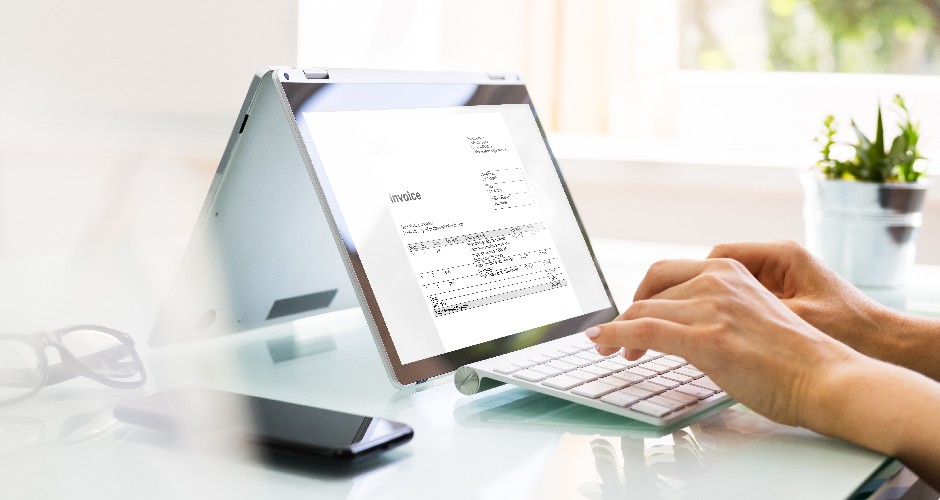Definition of Electronic Invoice
To define the concept of the Electronic Invoice, we first need to define what an invoice is. An invoice is a commercial document that serves as proof of delivery of goods or presentation of services. It serves as legal proof of a purchase or sale and is valid for tax purposes. The invoice not only serves as proof of purchase for customers, but it is also necessary to keep the tax authorities informed of commercial transactions.
Thus, we understand as Electronic Invoice that invoice that is issued and received in electronic format. Currently, all invoices, whether on paper or electronic, are regulated by the Royal Decree 1619/2012 of 30 November.
Last September, the BOE – the Spanish official bulletin - published the business law of Creation and Growth, whose star measure is the obligatory implementation of the Electronic Invoice for commercial transactions between companies and freelancers. However, said legislation is still awaiting the publication of the technical regulations.
Advantages of the Electronic Invoice
Within the framework of business digitalization, the Electronic Invoice is one of the main factors of the change. This is due to the multiple benefits it brings to companies. Here are some of the most important ones:
- More productivity in key departments.
- Integration with management systems.
- More security and speed in transactions.
- Optimization of administrative processes, saving time and resources.
- Improved visibility and traceability of operations.
- More control over document status.
- Eliminaction of human errors.
- Decrease in average validation time.
- Reduced environmental impact.
Types of Electronic Invoices
In general terms, one of the classifications that we can make regarding electronic invoices is the following:
Non-structured format: these are invoices that require manual intervention or a process that is usually not fully automated. An example would be paper invoices that have been scanned or those that have been created with software such as Word or Excel and then exported to PDF.
Structured format: structured data files that can be processed by computer systems, thus allowing invoices to be generated automatically and processed on receipt in the same way. An example of structured formats are the standards such as EDIFACT or XML (Facturae, UBL, etc).
It is expected that, of these two types of invoices, only those in structured format will comply with the provisions of the new Create and Grow Law. However, we are awaiting the publication of the regulation to know the final detail.
What should an Electronic Invoice contain?
To be valid and legal, an Electronic Invoice must comply with some specific requirements that are detailed below:
Creation and delivery: to be able to issue invoices in electronic format, companies must have a mechanism for their creation and a system for their transmission to recipients. There is also the option of relying on an electronic invoicing service provider, such as eDiversa Group, which will help you throughout this digital transformation process.
Digital signature: in accordance with current regulations, all invoices must be digitally signed through the established mechanisms.
Format: in accordance with the Create and Grow Law, everything seems to indicate that electronic invoices should have a structured format. The most common are EDIFACT and XML (Facturae or UBL among others). This will allow automatic integration of the data for accounting. However, as we previously mentioned, the publication of the regulation will define the definitive valid formats.
Content: electronic invoices must contain the date of issue of the invoice and, if different, the date on which the transactions were carried out. It is necessary to identify the invoice number and serial number (the latter only if required), as well as the issuer's tax data (company name, address, VAT number). In addition, they require a description of the operations to determine the corresponding VAT or IRPF, detailing the unit price of the operations without tax, the applicable tax rate and the tax liability.
If you still have doubts about the Electronic Invoice, from eDiversa Group, as an expert provider of electronic invoice services, can help you solve them.
We’d love to lend a hand.
Contact






